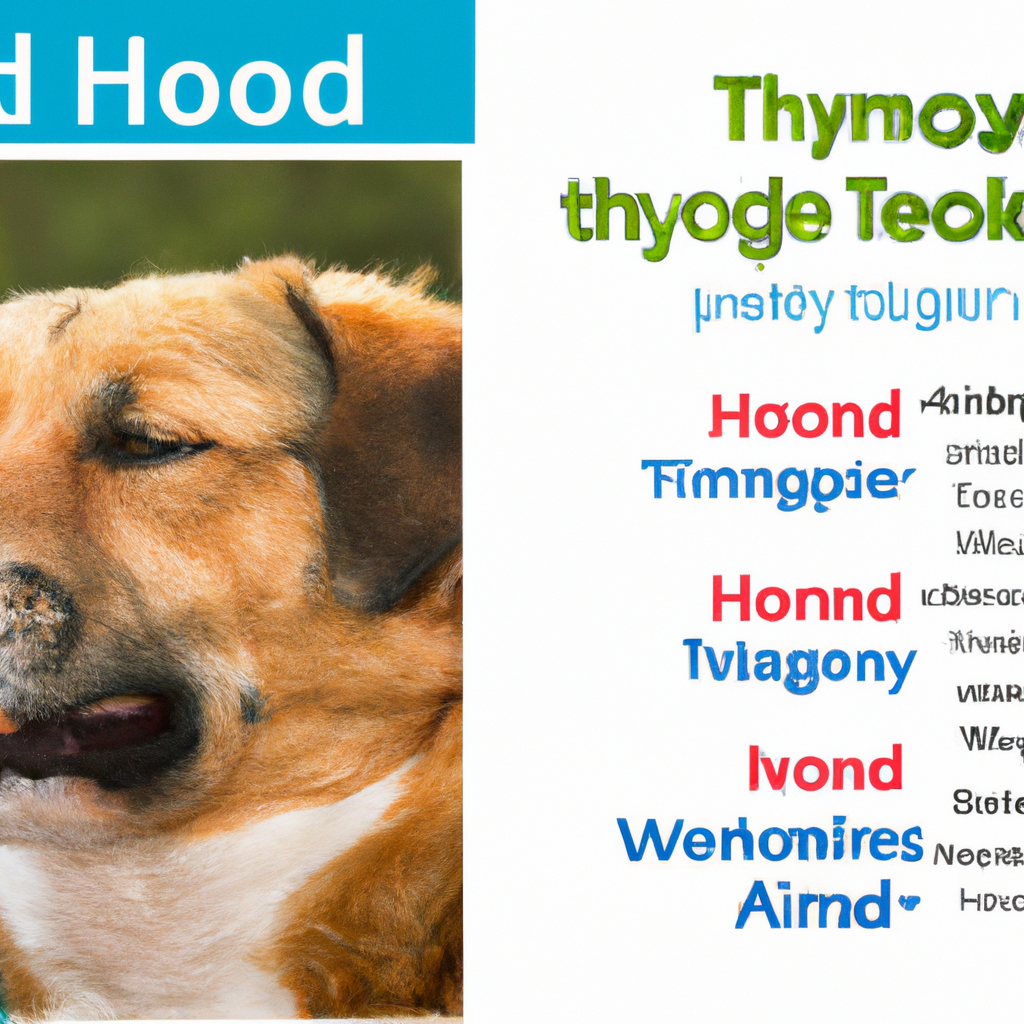The Role of Proper Nutrition in Preventing and Managing Diabetes in Dogs
The Role of Proper Nutrition in Preventing and Managing Diabetes in Dogs Introduction Diabetes is not exclusive to humans;

The Role of Proper Nutrition in Preventing and Managing Diabetes in Dogs
Introduction
Diabetes is not exclusive to humans; it can also affect our beloved furry friends, particularly dogs. Just like in humans, diabetes in dogs is a condition that affects their ability to regulate blood sugar levels effectively. Fortunately, proper nutrition plays a crucial role in preventing and managing diabetes in dogs.
Dietary Considerations for Dogs with Diabetes
When it comes to dogs with diabetes, it is important to establish a feeding routine and select the right type and quantity of food. These dietary considerations can help manage their blood sugar levels and overall health.
- Low Glycemic Index Foods: Choosing foods with a low glycemic index is beneficial for diabetic dogs as these foods are slower to digest and have a minimal impact on blood sugar levels. Opt for foods rich in complex carbohydrates, fiber, and lean proteins.
- High-Quality Proteins: Including high-quality proteins in your dog’s diet helps to maintain muscle health and stabilize blood sugar levels. Sources such as lean meats, fish, and eggs are excellent choices.
- Fiber-Rich Foods: Fiber aids in slowing down the digestion process and can help regulate blood sugar levels. Foods rich in fiber, such as vegetables like green beans and carrots, can be included in your diabetic dog’s diet.
- Avoid High-Fat Diets: Dogs with diabetes are more susceptible to developing pancreatitis, so it is crucial to avoid high-fat diets. Limiting fat intake can help maintain a healthy weight and prevent associated complications.
Benefits of Appropriate Nutrition for Diabetic Dogs
The impact of proper nutrition in preventing and managing diabetes in dogs extends beyond blood sugar control.
- Weight Management: Maintaining a healthy weight is crucial for dogs with diabetes. Proper nutrition ensures their calorie intake is controlled, which helps prevent obesity and its associated health complications.
- Regulated Blood Sugar Levels: A well-balanced diet, consisting of foods low in simple sugars, can contribute to stabilizing blood sugar levels in diabetic dogs. This reduces the need for excessive insulin doses.
- Improved Energy Levels: A balanced diet can enhance your dog’s energy levels and overall vitality, promoting an active lifestyle that aids in diabetes management.
- Prevention of Secondary Health Issues: By providing appropriate nutrition, you can reduce the risk of secondary health issues commonly associated with diabetes, such as bladder infections and cataracts.
Consult Your Veterinarian
It is crucial to work closely with your veterinarian to create a tailored dietary plan for your diabetic dog. Every dog’s nutritional needs may vary depending on their breed, age, weight, and overall health condition. Regular consultation with a veterinarian will ensure your dog’s nutritional requirements are being met effectively.
Conclusion
Proper nutrition plays a vital role in preventing and managing diabetes in dogs. A well-balanced diet, consisting of low glycemic index foods, high-quality proteins, and fiber-rich options, can assist in maintaining regulated blood sugar levels, healthy weight, and overall well-being for your four-legged friend. By consulting with your veterinarian and providing appropriate nutrition, you can enhance your diabetic dog’s quality of life and minimize the long-term health implications of diabetes.






